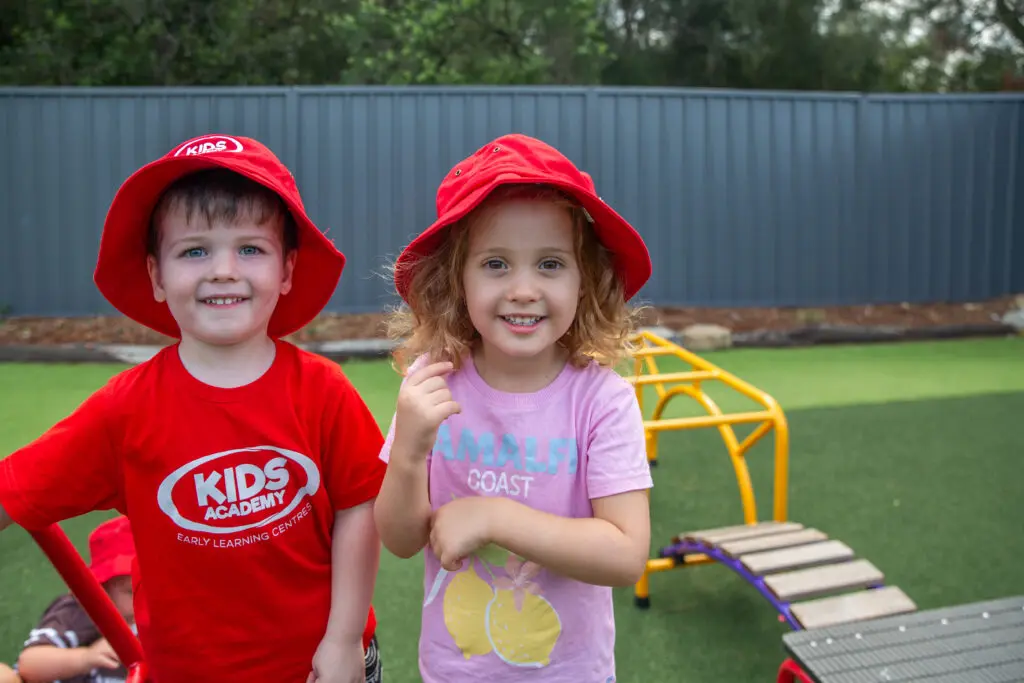
How Friendships Help Build Resilience and School Readiness
When we think about preparing children for school, literacy and numeracy often come to mind first. But one of the most important foundations for school readiness isn’t academic, it’s social.
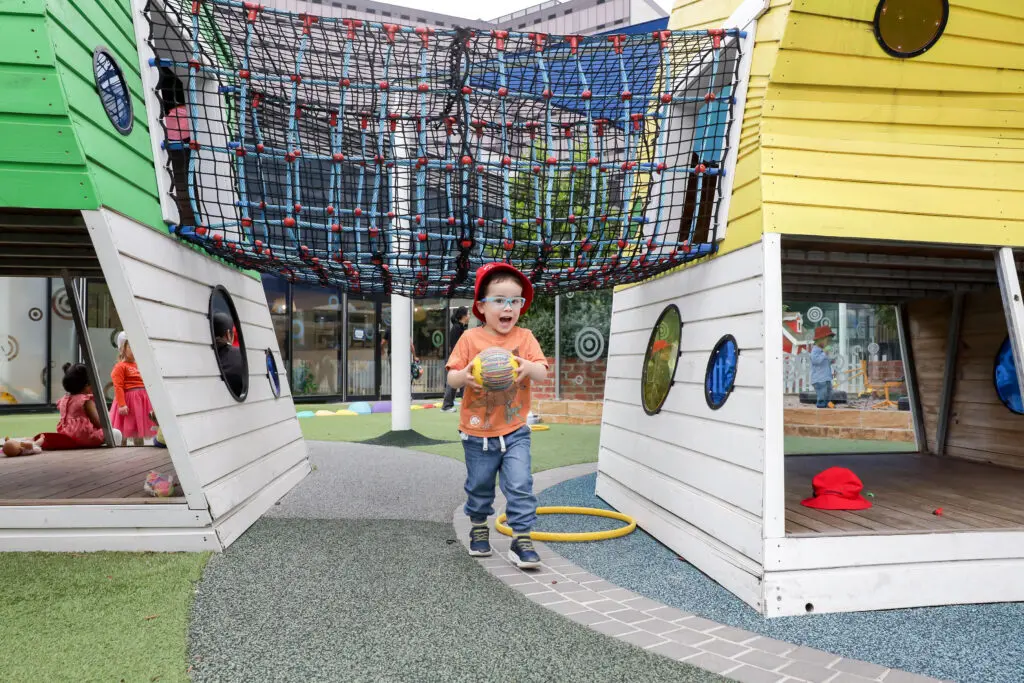
Big Feelings Explained: What’s Normal for Toddlers and Preschoolers?
If you’re raising a toddler or preschooler, big feelings can feel like part of the daily routine. One minute your child is happily playing, the next they’re overwhelmed – frustrated, upset, or completely melting down over something unexpected.
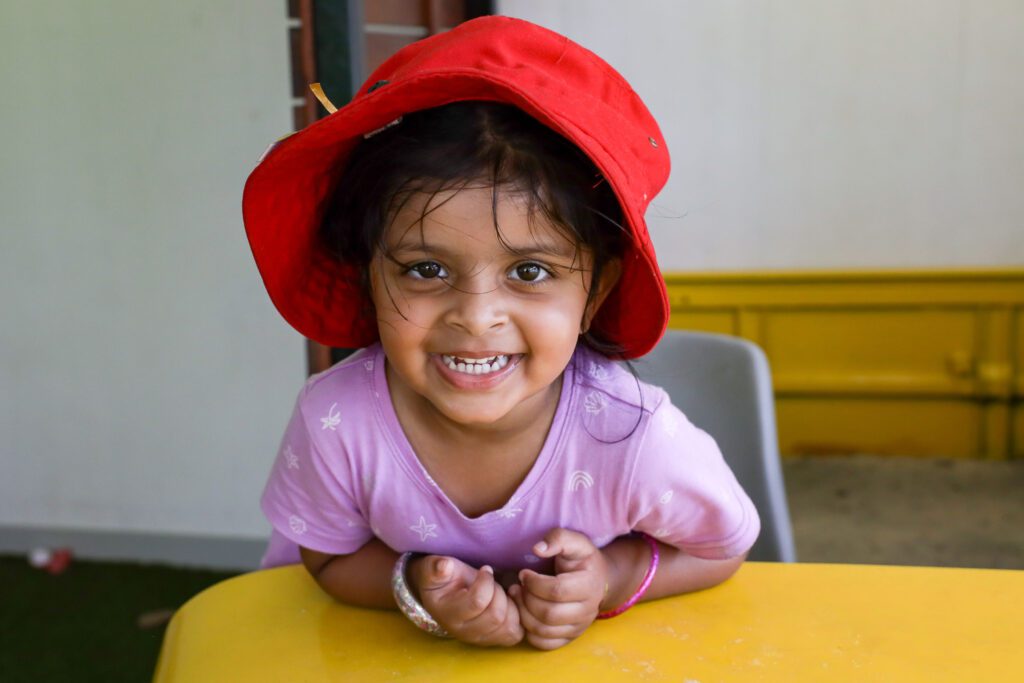
Tips From an Educator to Help Your Child Sleep Better
If sleep has been a bit hit-and-miss lately, you’re not alone.
Many families with babies, toddlers and preschoolers go through stages where bedtime suddenly feels harder. Children may wake more often overnight, resist settling, or struggle with changes to naps. When you’re already tired, it can leave you questioning whether you’re doing the right thing, or whether something needs fixing.
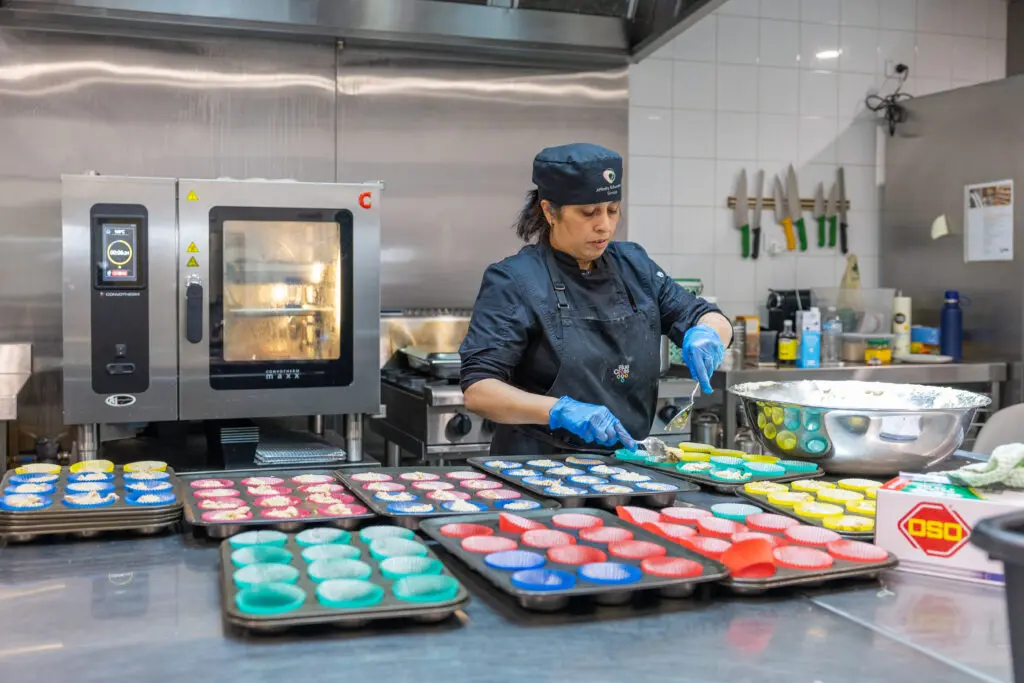
Fresh, Tasty & Made for Growing Kids: Our New Summer Menu Is Here at Kids Academy
As parents, we always want to know our children are eating well, especially when they’re spending big days learning, playing, exploring and burning through endless energy (how do they do that?). Knowing they’re getting nutritious meals at childcare gives us one less thing to worry about.
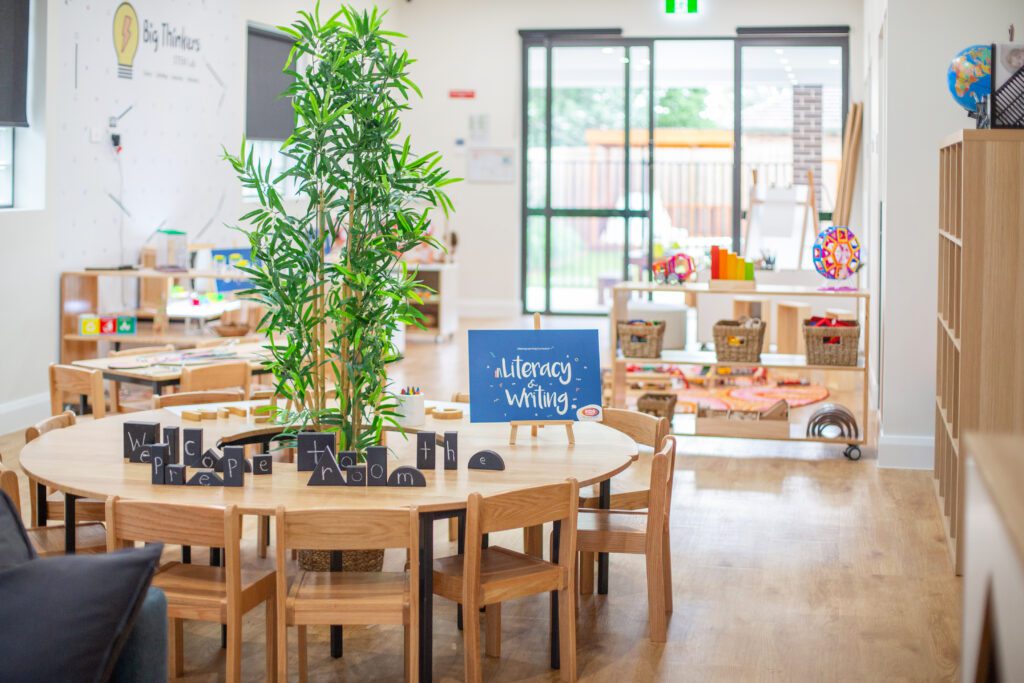
Screens & Under-5s: Finding the Right Balance in a Digital World
From video calls with grandparents to story apps and family photos on your phone, screens are woven into everyday life. For parents of young children, the real challenge isn’t avoiding screens altogether, it’s learning how to use them wisely.
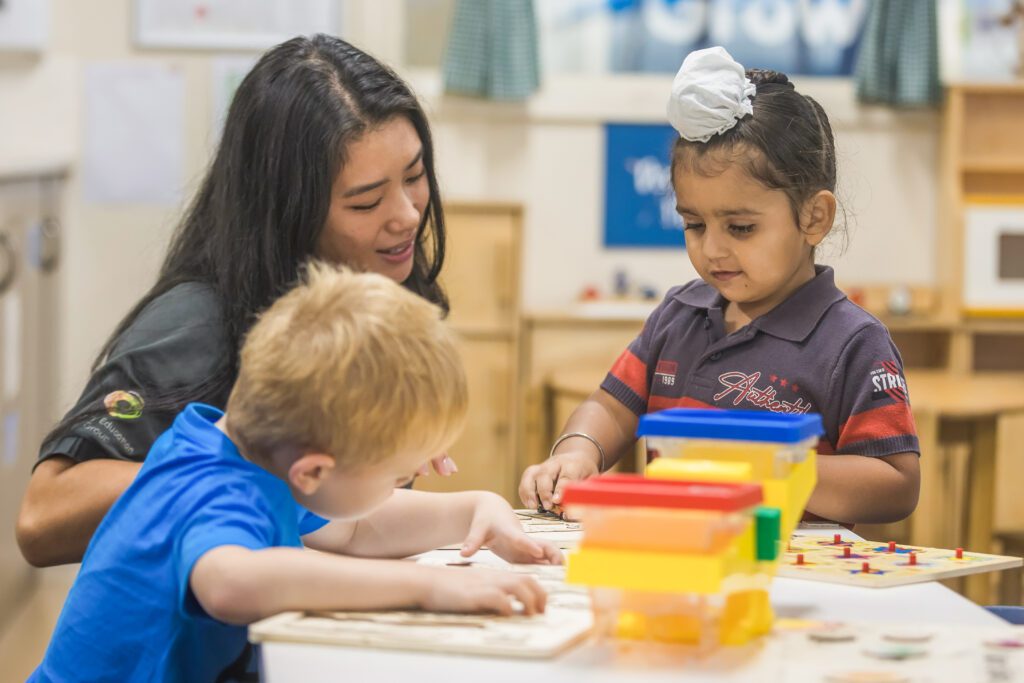
Why Two Years of Kindergarten Could Give Your Child the Best Start to School
The early years of education shape how children learn, think, and see themselves as capable learners. That’s why more families are now embracing two years of kindergarten or preschool, giving children more time to develop the social, emotional, and cognitive skills they need for a confident start to school.
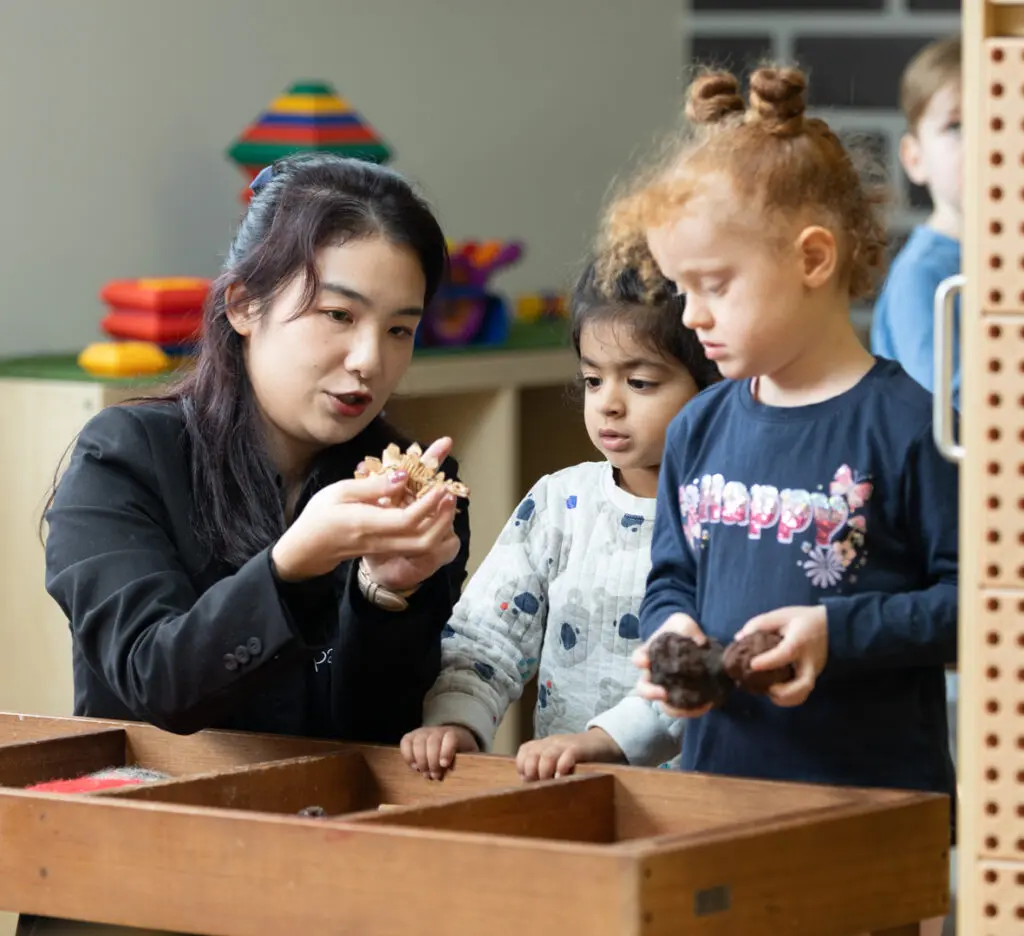
Toilet Training at Kids Academy: How We Support Your Child’s Big Step
Toilet training is a big moment for toddlers, and for parents too. At Kids Academy Early Learning, we understand that this milestone can bring excitement, a little stress, and plenty of questions. That’s why our educators partner closely with families, providing individualised support to make the process as smooth and positive as possible.
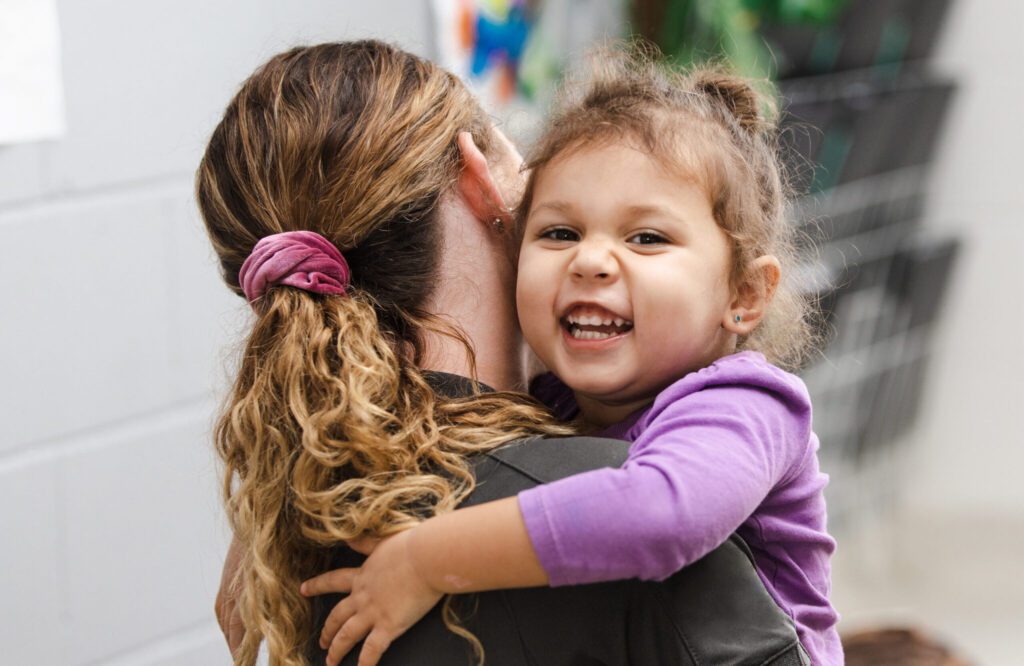
Building Confidence: Your Child’s First Dentist Visit Made Easier
Recently, I took my 3-year-old to the dentist for the very first time. We’d talked about being brave on the way, but when it was her turn, she felt too nervous to open her mouth. The dentist reassured us this was very common, and suggested she watch me at my next appointment before trying again.
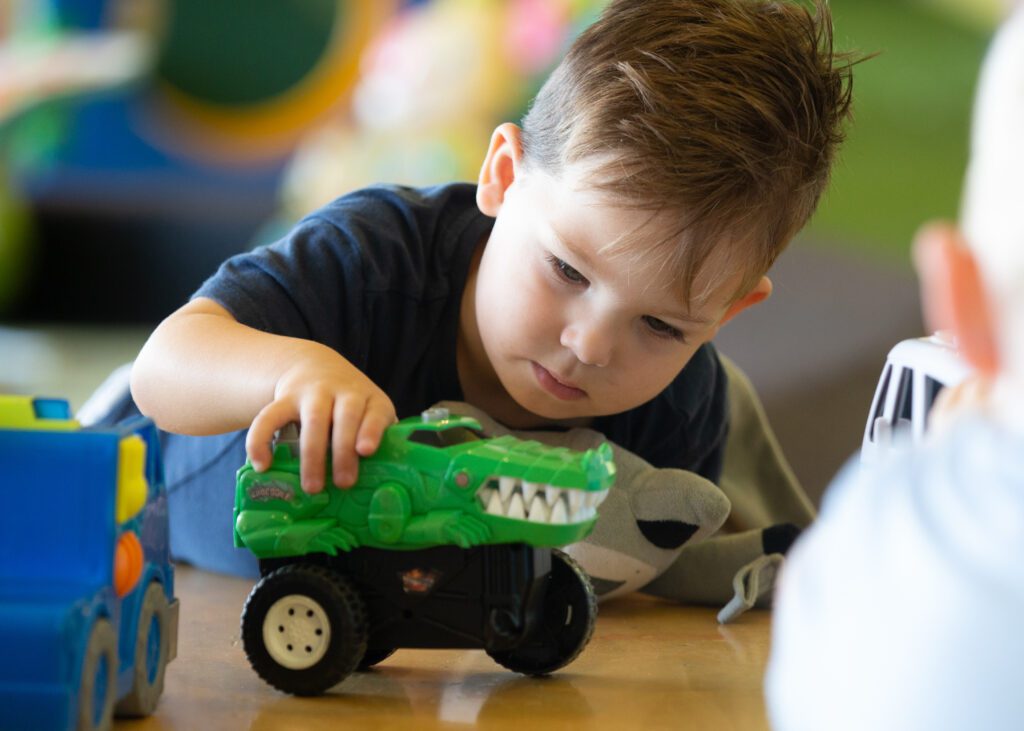
Raising Curious Kids: How to Set Up a Play-and-Learn Space at Home
There’s something magical about watching your child play with deep focus — building, sorting, chatting to their toys, lost in their own world. It’s in those quiet moments that real learning is happening. And the good news? You don’t need a fancy playroom or a house full of toys to make it happen.
At Kids Academy, our classrooms are carefully designed to spark curiosity, creativity and confidence through purposeful play. But those same kinds of learning moments can happen in your living room, too — with just a bit of thought and a cosy corner carved out just for them.
This post will help you create a simple, engaging play-and-learn space at home — without spending a fortune — using the same learning zone principles our educators use every day.
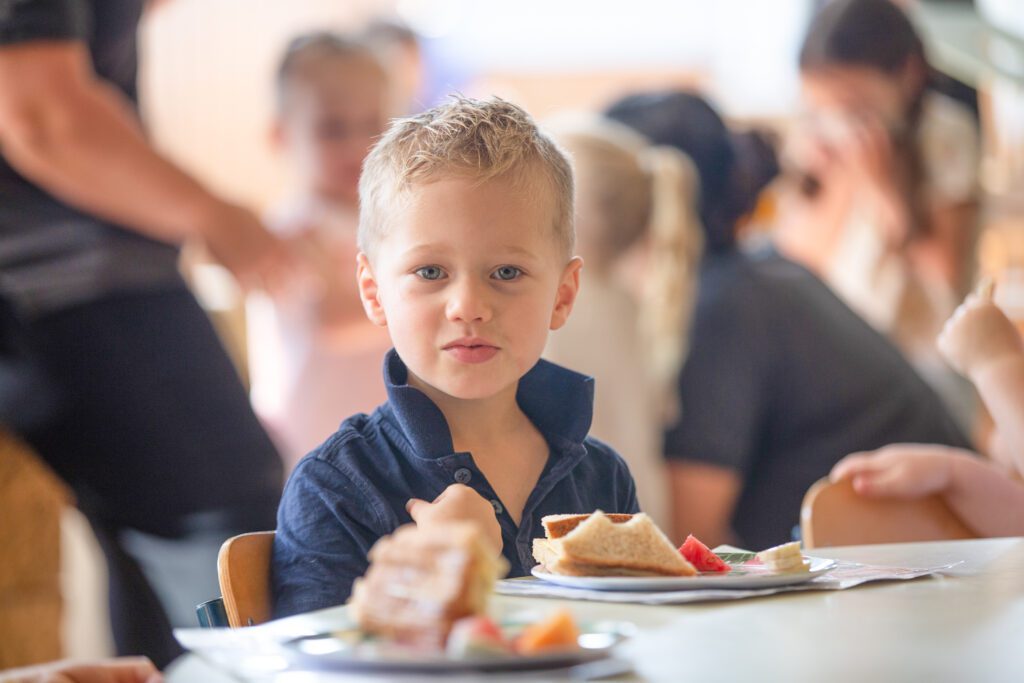
Helping Your Child Feel Confident in New Places and Social Settings
“You held on tightly to my hand as we walked into the room. I gave you a gentle smile and encouraged you forward, but your feet stayed planted. Meanwhile, your sibling was already chatting to another child. I felt a tug in my heart. Why is this so much harder for you?”
If that moment feels familiar, you’re not alone.
As parents, especially of young children, it’s natural to compare. One child might embrace new experiences with open arms, while another clings close and hesitates. It can be confusing—but it’s also completely normal. At Kids Academy, we recognise and celebrate the unique personalities and learning styles of every child. Whether your little one is bubbly and confident or more observant and cautious, they deserve support that’s tailored to who they are.
We work closely with families to help children feel secure, supported, and ready to grow—at their own pace and in their own way.